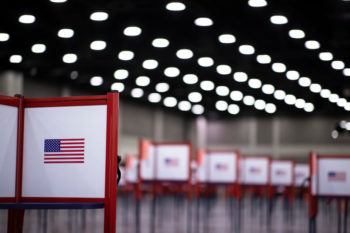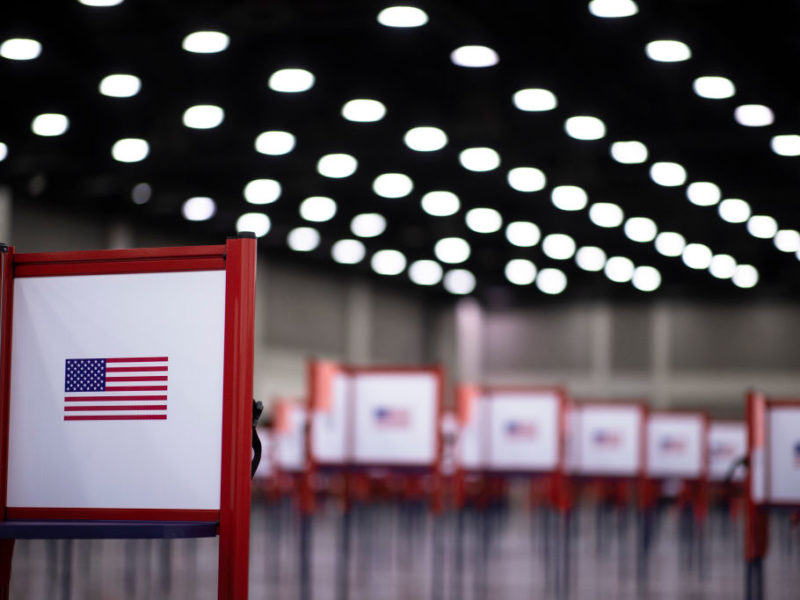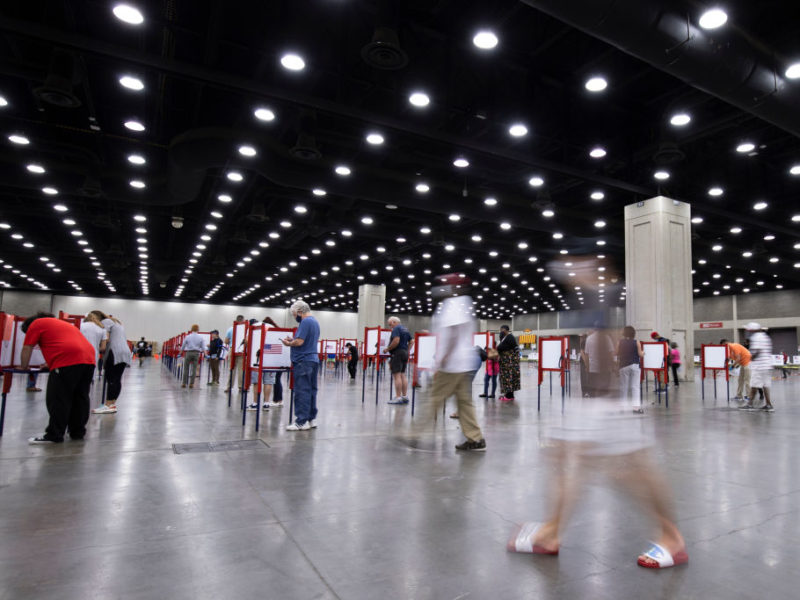Coping With Election Stress

The United States is just days away from the 2020 election, and Americans are being bombarded with political messages across media platforms. Many people are experiencing anxiety and stress.
In a recent Harris Poll on behalf of the American Psychological Association, regardless of political affiliation, 68 percent of U.S. adults say the 2020 presidential election is a “significant source of their stress.” Kelly Sopchak, a licensed psychologist at the Texas A&M University College of Medicine, said high levels of negative messages related to the election can have a detrimental effect on people’s mental health, causing anger, distress and a negative perception of the world.
She emphasizes the importance of maintaining a balanced life and making a conscious effort to watch and listen to positive content.
“The unknown of an election can be distressing,” Sopchak said. “We can only control the vote we cast, so having tools to help lessen our stress and anxiety is important.”
Sopchak said most of these stresses should dissipate when the election season ends. However, if someone is experiencing difficulty functioning at school, work or in social situations due to stress and anxiety, she recommends they seek mental health counseling. Counseling can be an effective way for someone to process their experiences and gain tools to manage them.
Sopchak suggests the following to help manage stress levels:
- Limit time viewing election coverage. Some may find it helpful to limit traditional media and social media election coverage exposure to 15 or 30 minutes a day. Voters can stay informed and learn about candidates from voter guides and websites as well.
- Stay connected. Maintaining healthy, supportive relationships is important, especially now during teh COVID-19 pandemic. Connecting via video chat or on the phone is important and can decrease stress levels.
- Establish boundaries for what you are willing and not willing to discuss. It is OK to disagree politically with friends and family. Most relationships were built on more than politics. Just because it is the focus of the media presently does not mean it needs to be in your relationship.
- Engage in acts of kindness. When we do things for other people, we feel better. No matter the political situation or climate, we have the ability to treat others with kindness. This could be a simple as taking the time to talk with an elderly neighbor, holding the door for someone or donating time to a local charity.
- Avoid negative coping strategies. Negative coping skills such as substance abuse can reduce your body’s ability to handle stress and suppress your immune system.
- Stay mentally and physically active. Activities like journaling, talking to a friend, painting, crafting, exercising, listening to music or dancing can change our mood and help us feel better, even if for only a brief moment.
As the election comes to a close, Sopchak notes that most of these coping tools can translate to other situations, as well.
“The most important thing is to do what you enjoy to give yourself a break from the stress,” she said.
This artile by Dee Dee Grays originally appeared on Vital Record.





